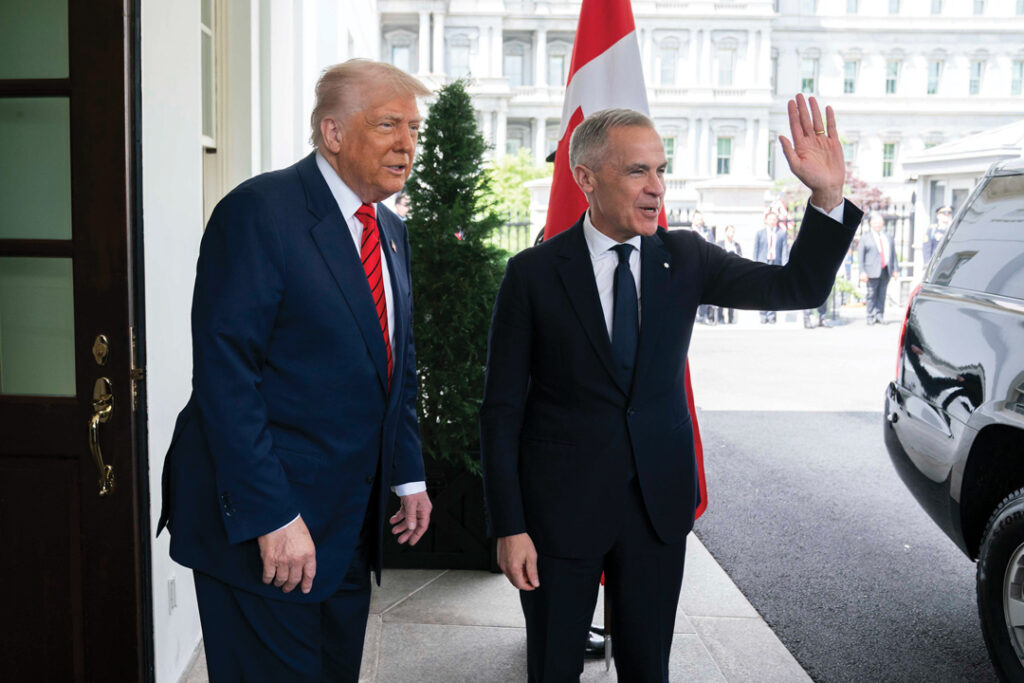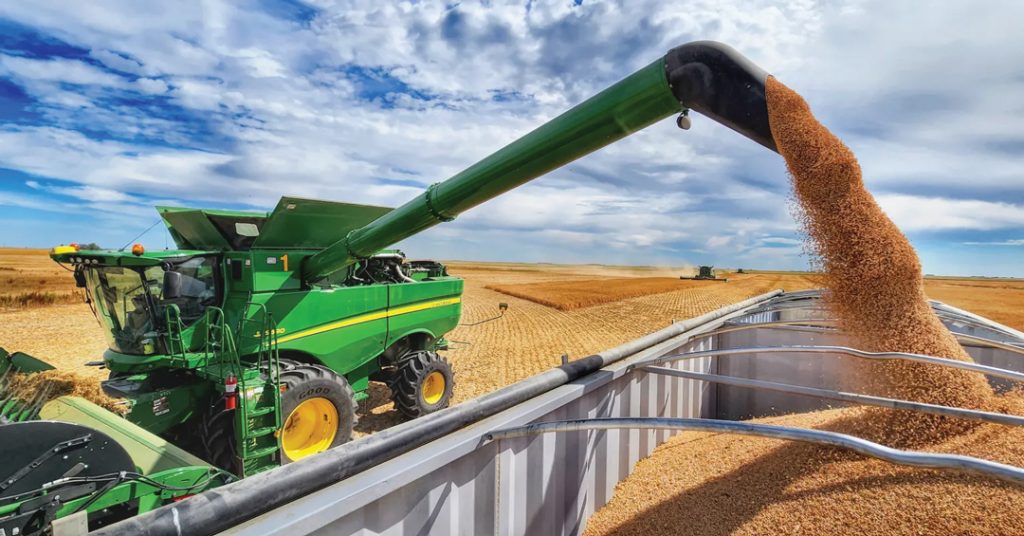TRADE WAR FALLOUT
The non-stop tariff talk has been dizzying to say the least. For those keeping score at home, U.S. President Donald Trump has publicly announced levies on Canada, but also on practically every major economy on earth.

The non-stop tariff talk has been dizzying to say the least. For those keeping score at home, U.S. President Donald Trump has publicly announced levies on Canada, but also on practically every major economy on earth.

When I became a market analyst 20 years ago, the world of agriculture seemed simpler. Today, I must admit to a deep frustration. My favoured method of analysis is so-called fundamentals. Calculating the difference between supply and demand is a matter of real-world mathematics. If this difference narrows, as measured by ending stocks, prices should respond favourably (bullish). If the surplus expands, prices come under pressure (bearish). A key component of fundamental analysis is having strong confidence in reliable data; the analysis is only as good as the underlying inputs. I have confidently relied on good data most of my career.

Canada is a strong international competitor in durum marketing. Over the past five years, it has exported more than 23 million tonnes. The country’s approach is straightforward: Winning isn’t everything, it’s the only thing. Market dominance is not easy to maintain given factors such as new Russian and Turkish production.

At first glance, Canadian farmers should be concerned about Donald Trump’s victory in the recent U.S. election. Canada is a trading nation, and its farmers rely on trade to sell their crops at a profitable return. Trump will retake office on Jan. 20, and has threatened to impose 25 per cent tariffs on all Canadian imports, including agricultural products.